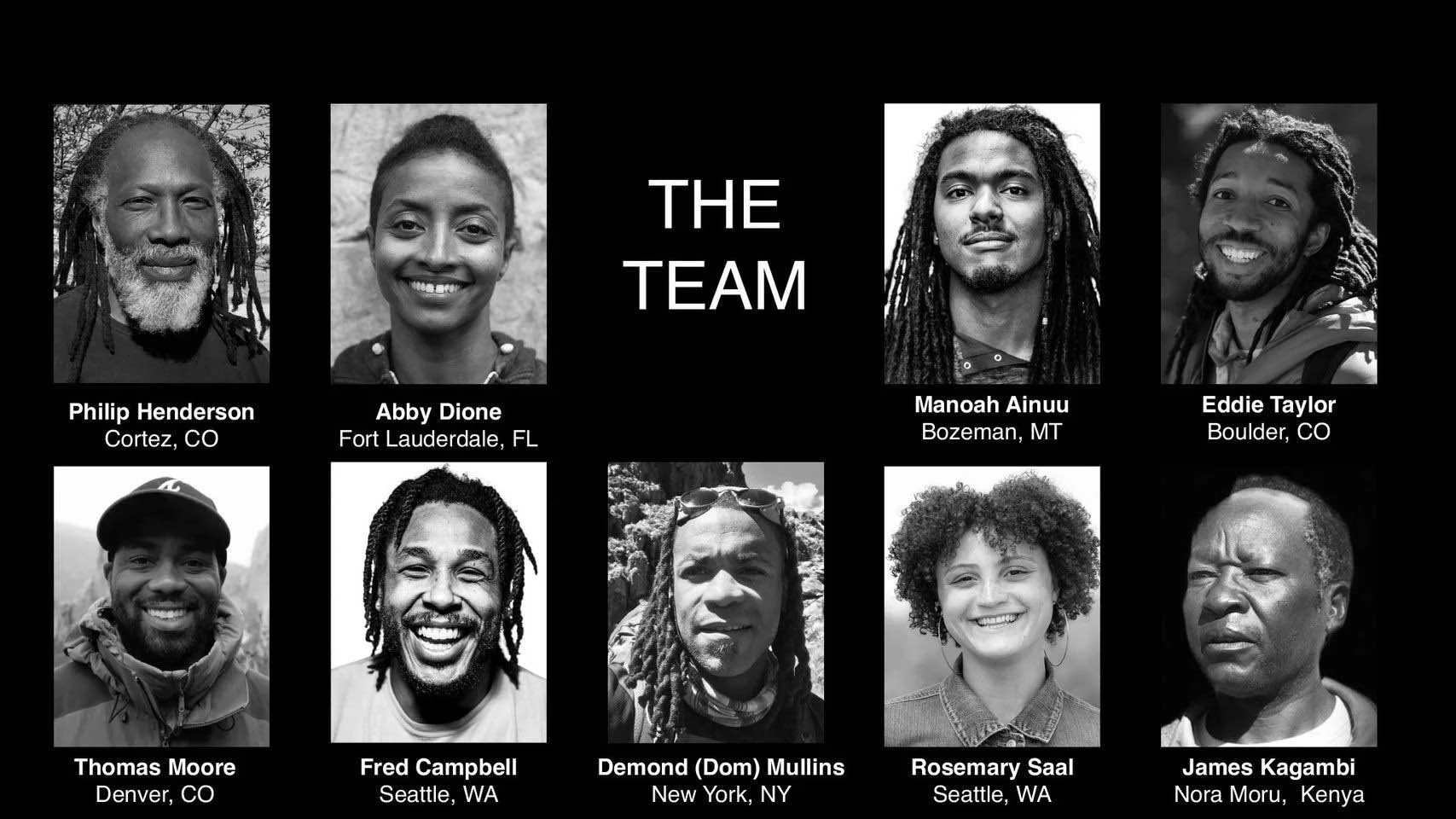All around the U.S., communities are taking the lead on fighting climate change and building community resilience. Climate change is here, and it’s just a matter of time before some version of a Hurricane Ian or the Big Ranch Fire impacts any given community: intense storms, flash flooding, prolonged drought, extreme heat and other weather emergencies are intensifying each year.
This summer the Oak Park Village Board approved Climate Ready Oak Park, a comprehensive, long-range plan that provides a vision, goals and actions to make Oak Park more sustainable and resilient.






